Mentor

Hua Pan, PhD
Associate Professor, Department of Medicine; Affiliate, Department of Biomedical Engineering
- Email: hpan@wustl.edu
The Pan Lab is studying the basic conception, development, and clinical application of novel nanostructures that serve as safe and effective delivery vehicles for therapeutic nucleotides to mitigate diseases including arthritis and cancer treatment induced vital organ injury.
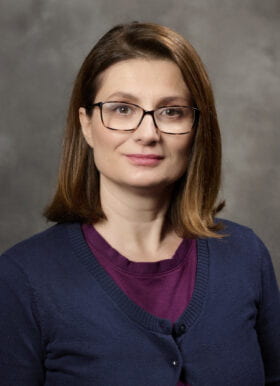
Slavica Pavlovic-Djuranovic, PhD
Assistant Professor of Cell Biology & Physiology
- Email: spavlov@wustl.edu
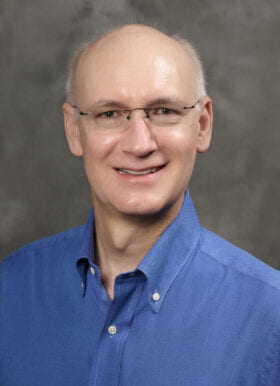
David W Piston, PhD
Edward J. Mallinckrodt, Jr. Professor and Head of Cell Biology & Physiology; Affiliate, Department of Biomedical Engineering
- Email: piston@wustl.edu
The Piston lab focuses on understanding the role of glucagon (counter-regulatory hormone to insulin) in glucose homeostasis and the pathology of diabetes. We develop and apply quantitative fluorescence technology to assay living islet function quantitatively both ex vivo and in vivo, and elucidate the regulation of glucagon secretion from α-cells.

Elizabeth Pollina, PhD
Assistant Professor, Department of Developmental Biology
- Email: pollina@wustl.edu
The Pollina lab leverages new tools and techniques from neuroscience, epigenetics, and genome integrity to advance our understanding of genome fidelity in the nervous system of living organisms. We characterize how diverse environmental stimuli trigger changes in transcription, chromatin, and DNA damage and examine how these dynamic processes go awry in aging and neurological disease.
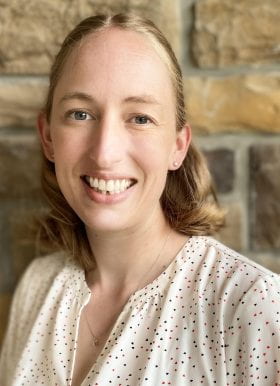
Erica L Scheller, DDS, PhD
Associate Professor, Department of Medicine; Department of Cell Biology & Physiology; Affiliate, Department of Biomedical Engineering
- Email: scheller@wustl.edu
The Scheller laboratory synthesizes concepts from cell biology, physiology, and bioengineering to study the relationships between the nervous system and the skeleton. They have a directed interest in understanding how neural signals contribute to skeletal homeostasis, and how perturbations to this system contribute to bone loss, impaired healing, and altered regeneration.
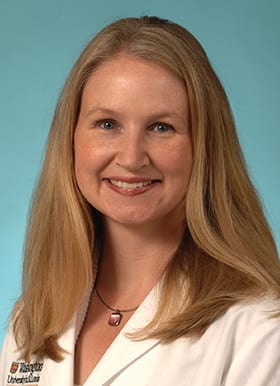
Laura Schuettpelz, MD, PhD
Professor, Department of Pediatrics, Department of Developmental Biology
- Email: Schuettpelz_l@wustl.edu
Research in the Schuettpelz lab focuses on understanding how inflammatory signals regulate hematopoietic stem cells, and also how these signals can contribute to hematopoietic malignancies.
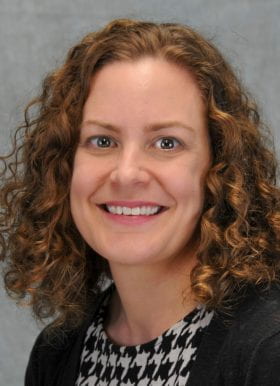
Lavinia Sheets, PhD
Assistant Professor, Department of Otololaryngology, Department of Developmental Biology
- Email: sheetsl@wustl.edu
The Sheets lab uses zebrafish as a model system to understand how sensory hair cells of the auditory system develop, degenerate, and regenerate. A main focus of the lab is to identify biological pathways that promote nerve regeneration and hair-cell reinnervation with the goal of providing information toward clinical regenerative therapies.
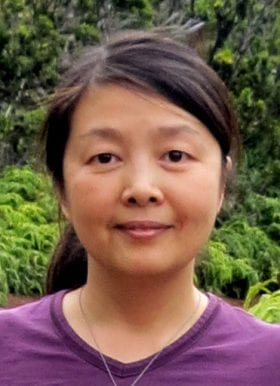
Hua Shen, PhD
Assistant Professor, Department of Orthopedic Surgery
- Email: hshen22@wustl.edu
The Shen lab's research mostly focuses on tendon injury, a common and challenging orthopaedic condition that causes pain and long-term functional disability. In collaboration with orthopaedic surgeons and tissue engineers, they use a multidisciplinary approach to study cellular and molecular regulation of tendon homeostasis and healing processes, with a particular interest in developing new stem cell vesicle and small molecule-based therapies.

Matthew Silva, PhD
Julia and Walter R. Peterson Orthopaedic Research Professor; Affiliate, Department of Biomedical Engineering
- Email: silvam@wustl.edu
The Silva lab studies the mechanical and molecular factors that regulate loading-induced bone formation and bone injury response and repair.
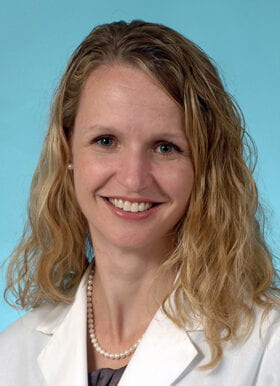
Alison Snyder-Warwick
Associate Professor of Surgery
Our laboratory studies the neuromuscular junction during embryogenesis, homeostasis, injury and recovery, and aging. We specifically study the roles of terminal Schwann cells in these events and the cells with which they interact.

Lilianna Solnica-Krezel, PhD
Professor and Head, Department of Developmental Biology; Co-Director, Center of Regenerative Medicine; Affiliate, Department of Biomedical Engineering
- Email: solnical@wustl.edu
The Solnica-Krezel lab studies the cellular and molecular genetic mechanisms underlying vertebrate gastrulation in zebrafish and human embryonic stem cells.
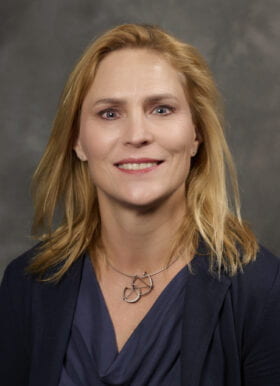
Sheila A Stewart, PhD
Gerty Cori Professor and Vice Chair, Department of Cell Biology & Physiology Professor, Department of Medicine
- Email: sheila.stewart@wustl.edu
Dr. Sheila Stewart’s research focuses on understanding how age-related changes in noncancerous cells (referred to as stroma) participate in cancer development. While it is clear that mutations in an incipient tumor cell are important for cancer development, it has become evident that changes in the surrounding stroma are also critical to the process. Indeed, old stromal cells can promote tumor cell growth. Dr. Stewart’s group is delving further into how old cells modulate the immune response and impact dormant tumor cells and thus promote cancer with the intent of identifying possible therapeutic targets.

Stephen Stone, MD
Assistant Professor, Department of Pediatrics
- Email: sstone@wustl.edu
Dr. Stone studies the role of Fibroblast Growth Factors in Severe Insulin Resistance Syndromes. His research uses both murine and stem cell based models to better understand these rare and debilitating conditions, with the ultimate goal of providing new therapies for these patients.

Amber Stratman, PhD
Assistant Professor, Department of Cell Biology & Physiology, Department of Developmental Biology
- Email: a.stratman@wustl.edu
The Stratman lab is broadly interested in how blood vessels form and stabilize during development, and how changes in these processes affect tissue homeostasis and disease.

Thorold Theunissen, PhD
Assistant Professor, Department of Developmental Biology
- Email: t.theunissen@wustl.edu
The Theunissen lab investigates the molecular mechanisms regulating distinct pluripotent stem cell states and their applications in regenerative medicine.
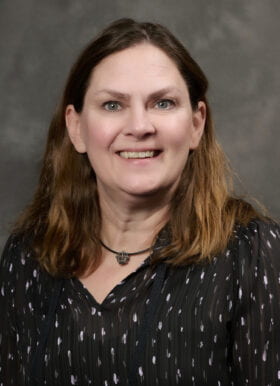
Heather L True, PhD
David English Smith Professor, Department of Cell Biology and Physiology
- Email: heather.true@wustl.edu
My research investigates how the process of protein misfolding occurs, how it propagates, and how these problems can be corrected in the cell. We are specifically interested in prions, toxic protein aggregates and amyloid associated with neurodegenerative diseases, and chaperone mutants linked to a form of muscular dystrophy. We use a yeast model system and biochemical approaches to uncover important cellular contributors and elucidate mechanisms to prevent or rescue protein misfolding and aggregation.
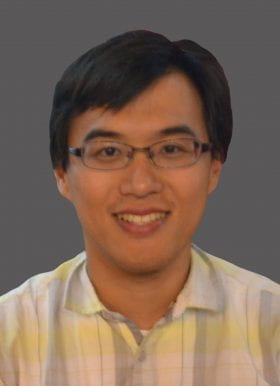
Tony Tsai, MD, PhD
Assistant Professor, Department of Developmental Biology; Affiliate, Department of Biomedical Engineering
- Email: tonytsai@wustl.edu
Why are tissue patterns and shapes so precisely controlled in embryos but not stem cell-derived organoids? Can we learn how to build tissues reproducibly by studying how embryos accomplish this? The Tsai lab uses zebrafish as the primary model to investigate the rules of tissue patterning and morphogenesis. They combine interdisciplinary approaches such as live embryo imaging, CRISPR genetics, single-cell genomics, mechanical assays, and computational modeling.
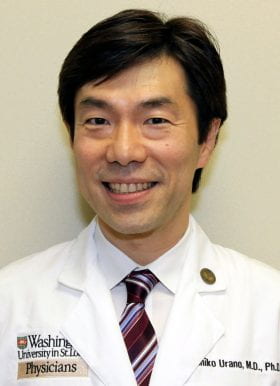
Fumihiko Urano, MD, PhD
Professor, Department of Medicine, Division of Endocrinology, Metabolism & Lipid Research
- Email: urano@wustl.edu
The Urano lab is currently developing regenerative and gene therapies for diabetes, retinal dystrophy, neurodegeneration, and Wolfram syndrome.
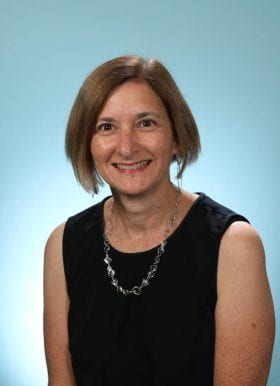
Deborah Veis, MD, PhD
Professor of Medicine
Professor of Pathology and Immunology
- Email: dveis@wustl.edu
The Veis lab studies the interaction of bone cells with invaders – either microbial or tumor cells – to understand how the microenvironment can be targeted to treat infection and bone metastasis. Current areas of focus include S. aureus osteomyelitis as well as tumor-derived extracellular vesicles (EVs), using a combination of cell culture and mouse models.
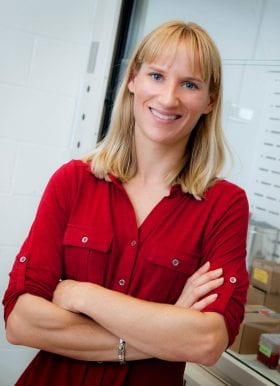
Jessica Wagenseil, DSc
Professor, Department of Mechanical Engineering and Materials Science; Affiliate, Department of Biomedical Engineering
- Email: jessica.wagenseil@wustl.edu
The Wagenseil lab studies how mechanical stimuli regulate large artery formation and remodeling in development and disease.
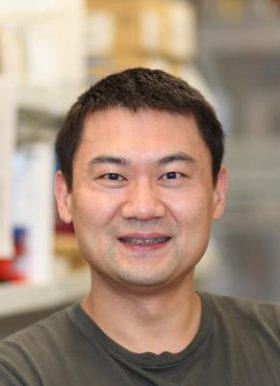
Ting Wang, PhD
Professor, Department of Genetics
- Email: twang@wustl.edu
The Wang lab's research is to understand the evolution and adaption of human regulatory networks, with a focus on the impact of these processes on human health and disease. In particular, we investigate the evolutionary model of mobile elements (or transposable elements) and their roles in basic biology and cancer, including their genetic and epigenetic regulation.

(Conrad) Chris Weihl, MD, PhD
Professor, Department of Neurology
- Email: weihlc@wustl.edu
The Weihl lab goal is to understand the molecular mechanisms of protein inclusion formation, disaggregation, and clearance in myodegenerative (skeletal muscle) and neurodegenerative diseases. They utilize molecular biology, cellular systems, biochemical approaches and animal models to ask and answer these fundamental questions.

Philip Williams, PhD
Assistant Professor, Department of Ophthalmology and Visual Sciences
- Email: prwillia@wustl.edu
The Williams lab is interested in selective neuronal vulnerability in degeneration and trauma. We use a combination of in vivo microscopy, transcriptomics, and viral mediated gene over expression/knockout to manipulate neurons in the retina with the long term goal of increasing neuronal survival and axon regeneration in degenerative mouse models.

Matthew Wood, PhD
Assistant Professor, Department of Surgery
- Email: woodmd@wustl.edu
The Wood lab studies treatment paradigms for peripheral nerve injury.

Hiroko Yano, PhD
Associate Professor of Neurosurgery, Neurology, and Genetics
- Email: yanoh@wustl.edu
The Yano Lab is interested in mechanisms leading to neurodegenerative diseases and brain tumors and the development of disease therapies.

Zhongsheng You, PhD
Professor of Cell Biology & Physiology
- Email: zyou@wustl.edu
Our lab studies the DNA damage response and replication stress response in human cells that are essential for genome maintenance and cancer avoidance. We are also interested in the connection between genome maintenance and RNA surveillance, focusing on the nonsense-mediated RNA decay (NMD) pathway in the DNA damage response. We employ a range of techniques, including cell imaging with genetically encoded reporters, laser microirradiation and genome-wide CRISPR-Cas9 screens, to identify new mechanisms of DNA and RNA surveillance systems, with the goal of improving the understanding and treatment of cancer..
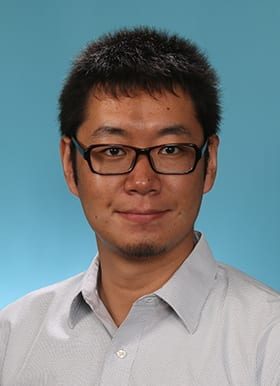
Bo Zhang
Associate Professor, Developmental Biology
We develop bioinformatics tools to analyze high-throughput sequencing data and discover epigenetic changes associated with the activation and silencing of enhancer regulatory elements during embryonic development and carcinogenesis. We construct gene regulatory models to integrate genetic variants, epigenetic modifications and enhancer activation to explain the gene expression regulation in normal and cancer cell fate determination.

Chao Zhou, PhD
Professor, Biomedical Engineering, McKelvey School of Engineering
- Email: chaozhou@wustl.edu
The Zhou lab's research interests are in optical coherence tomography, a growing technology used to perform high-resolution cross-sectional imaging using light.